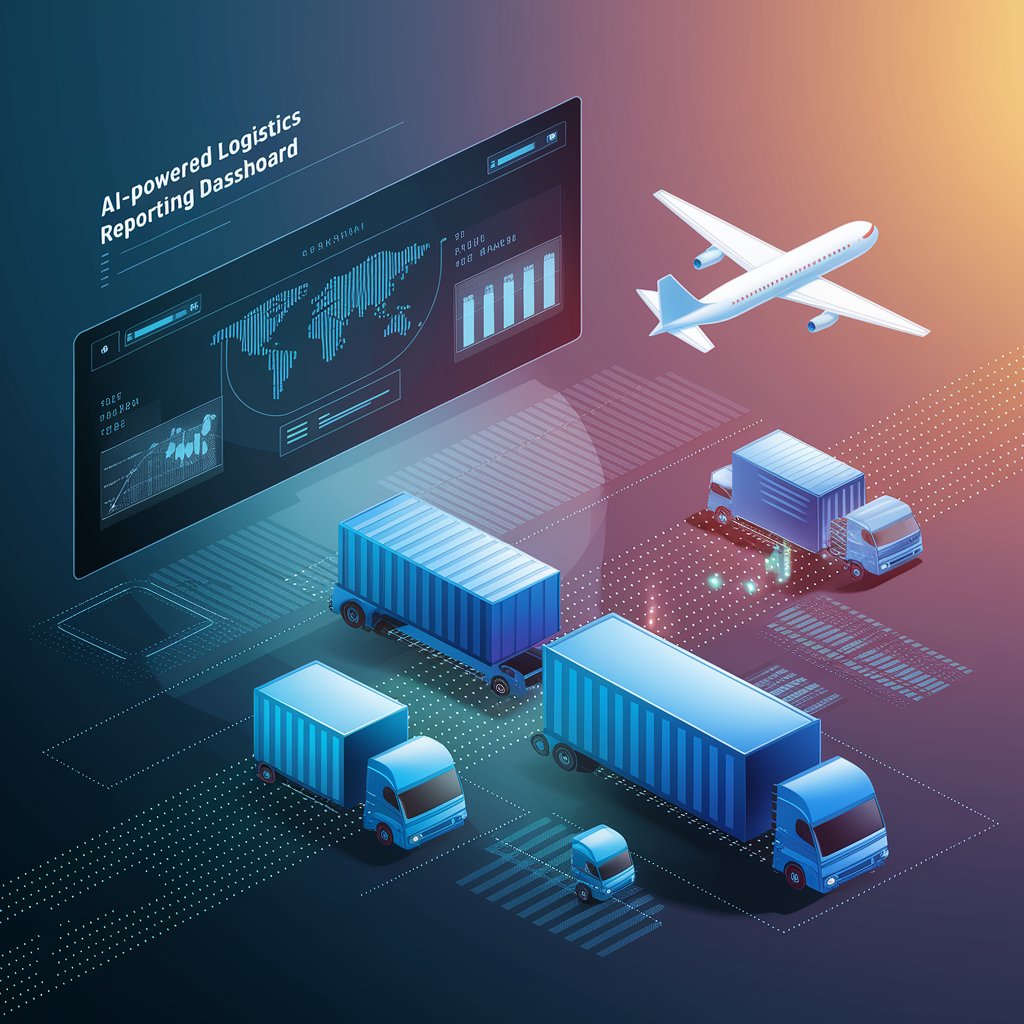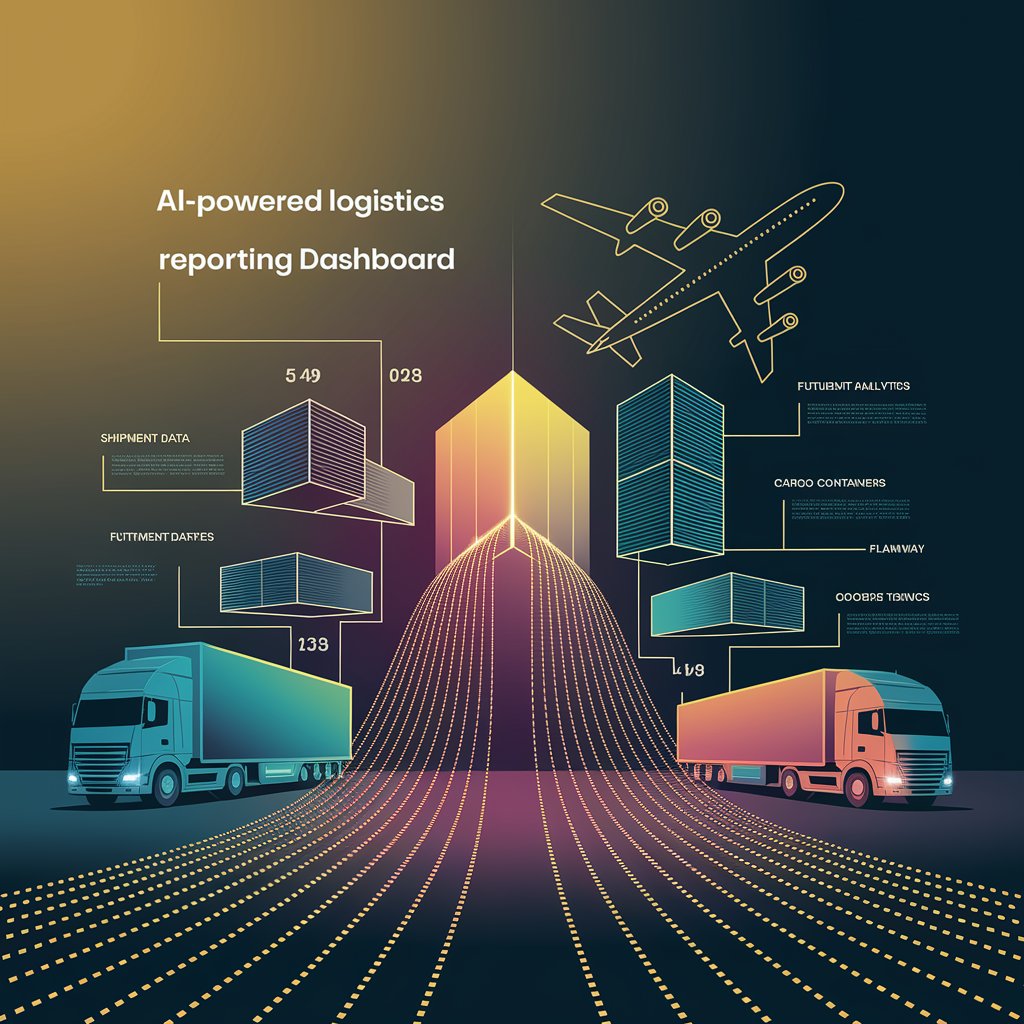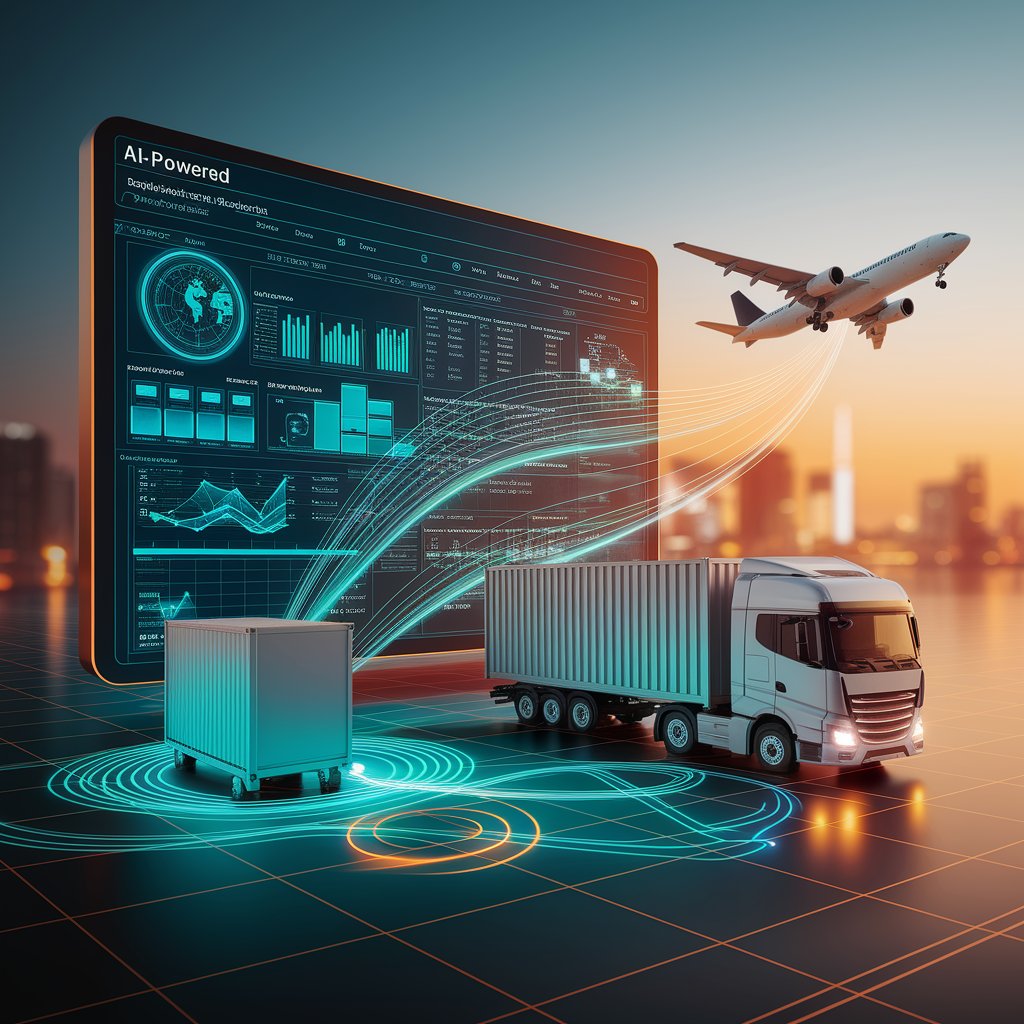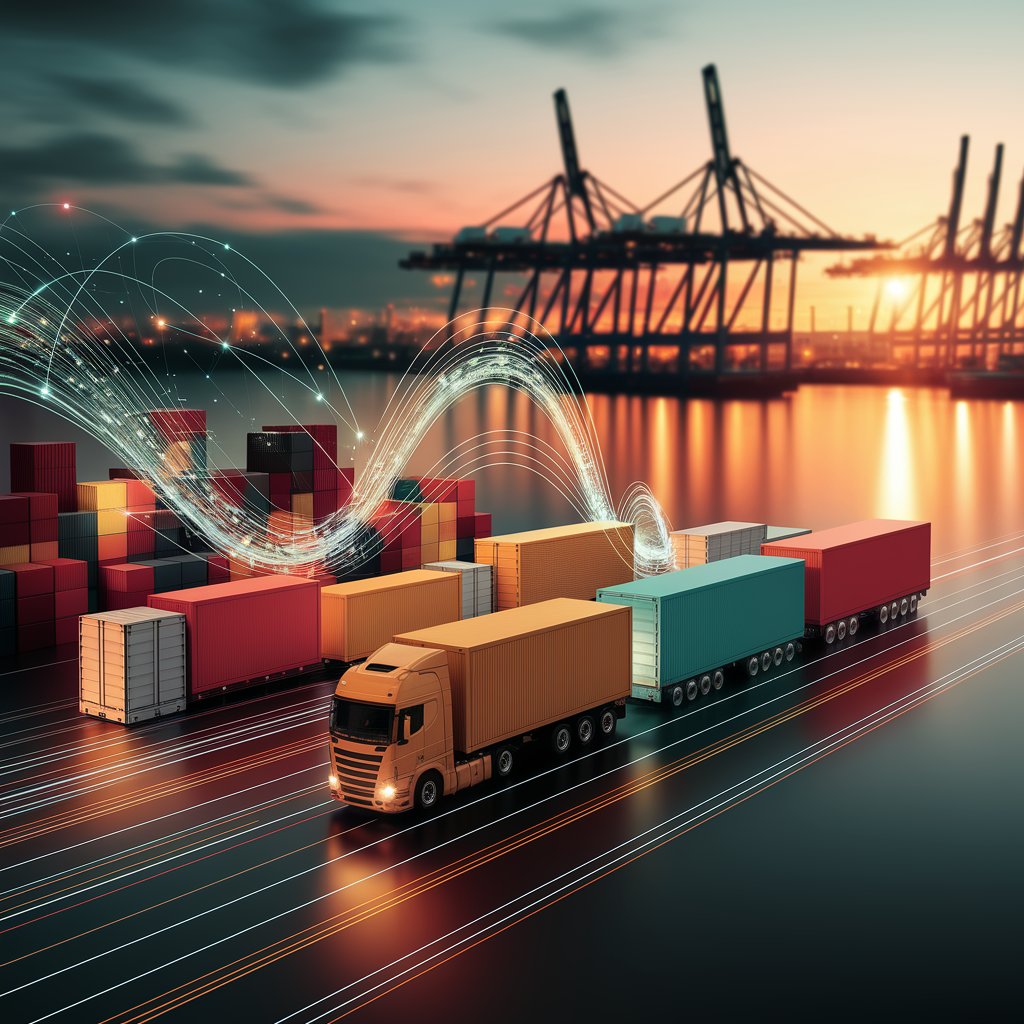AI Logistics Reporting: Smarter Insights for Supply Chain Efficiency

Introduction
By leveraging artificial intelligence, companies can gain predictive insights, automate reporting processes, and optimize decision-making at every stage of the supply chain.
What Is AI Logistics Reporting?
AI logistics reporting uses machine learning and data analytics to collect, process, and present logistics information more effectively. Unlike static spreadsheets or manual reports, AI-driven solutions update automatically, provide real-time insights, and highlight risks before they escalate.
This evolution allows freight forwarders, carriers, and supply chain managers to gain deeper visibility into operations, costs, and performance.

Core Features of AI Logistics Reporting
- Automated Dashboards: Real-time updates across shipments, inventory, and carrier performance.
- Predictive Analytics: Forecast demand, identify potential delays, and simulate scenarios.
- Customizable KPIs: Track performance metrics that align with business goals.
- Natural Language Reports: Generate clear summaries from complex data.
- Exception Alerts: Proactively notify managers about anomalies or risks.
Benefits for Logistics Companies
- Enhanced Visibility: Monitor the entire supply chain with unified dashboards.
- Faster Decision-Making: Reduce reporting lag from days to minutes.
- Cost Reduction: Identify inefficiencies that lead to financial waste.
- Improved Customer Service: Share accurate, real-time updates with clients.
- Scalability: AI reporting adapts to both small freight forwarders and global enterprises.

Real-World Use Cases
- Freight Forwarders: Automate shipment status and profitability reports.
- Warehouse Operators: Track inventory turnover and labor productivity in real time.
- Air & Ocean Carriers: Analyze capacity utilization and route efficiency.
- E-commerce Logistics: Generate daily fulfillment and customer satisfaction insights.
The Future of AI Logistics Reporting
Tomorrow’s logistics reporting will integrate even deeper with AI agents and digital twins. We will see fully autonomous reporting systems, capable of predicting bottlenecks before they occur, suggesting corrective actions, and even automatically triggering process changes. Sustainability reporting, carbon tracking, and customer transparency dashboards will become standard.

Conclusion
The shift to AI logistics reporting marks a new era of supply chain intelligence. With predictive insights, automated dashboards, and real-time analytics, logistics companies can move beyond static reports and embrace a future of proactive, data-driven decision-making. By investing in AI-powered reporting today, businesses position themselves for greater efficiency, customer trust, and long-term competitiveness in the logistics industry.
